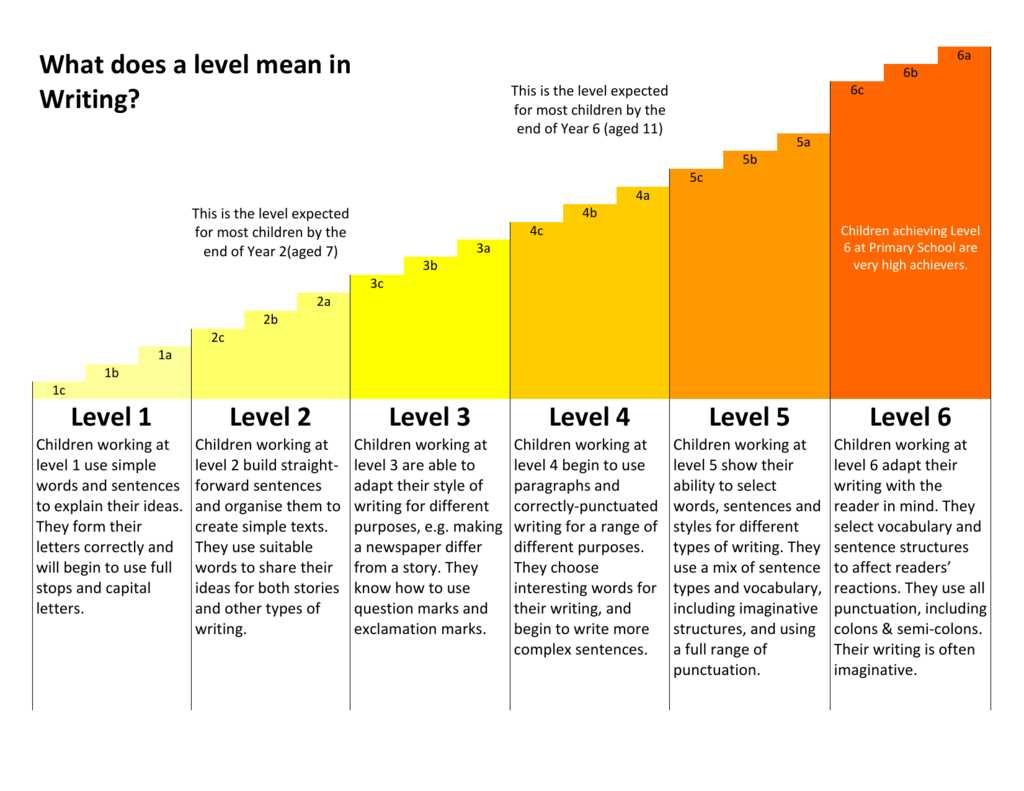
When we talk about “answered remotely,” we mean the process of responding to a request or inquiry without being physically present. This concept has become increasingly important in today’s digital age, where communication and accessibility are crucial.
In a world where many businesses and services rely heavily on technology, answering requests remotely has become a common practice. This can include answering phone calls, replying to emails, or handling customer inquiries through online platforms. The goal is to provide efficient and timely responses, regardless of physical location.
Answering remotely can offer numerous benefits for both individuals and organizations. For individuals, it means increased flexibility and the ability to work from anywhere. It allows people to balance their personal and professional lives better while still being able to provide assistance and support.
For organizations, remote answering can lead to improved customer service and satisfaction. It ensures that inquiries are promptly addressed, which can help build positive relationships with customers. Additionally, remote answering can also reduce costs for businesses by eliminating the need for physical call centers or office spaces, as employees can work remotely.
Explanation of the term “answered remotely”

In the context of communication and customer service, the term “answered remotely” refers to the practice of responding to queries or addressing issues without physically being present at the same location as the person making the request. Instead, the response is provided through remote means, such as phone, email, instant messaging, or video conferencing.
This approach allows individuals or businesses to engage with customers or clients regardless of their geographical location. By utilizing technology and communication tools, responses can be provided promptly, minimizing the need for in-person interactions and reducing the constraints of time and distance.
Benefits of answering remotely:
- Flexibility: Answering remotely provides the flexibility to engage with customers or clients from anywhere, as long as there is internet connectivity. This allows for greater convenience and efficiency, as it eliminates the need for travel and allows individuals to manage multiple inquiries simultaneously.
- Cost-effectiveness: Remote communication reduces the costs associated with travel, accommodation, and infrastructure. It enables businesses to allocate resources more efficiently, as they can centralize their support teams or provide services from remote locations without compromising quality.
- Accessibility: Answering remotely ensures that individuals who require assistance can access support regardless of physical limitations or barriers. This inclusivity improves customer satisfaction and can lead to increased loyalty.
- Efficiency: Remote responses can be streamlined and automated, allowing for quicker resolution of queries or issues. Predefined templates, chatbots, and knowledge bases can be leveraged to provide instant answers and support self-service options, ultimately saving time and resources.
Overall, answering remotely empowers businesses and individuals to provide timely and efficient support, irrespective of their physical location. It facilitates global communication, enhances customer satisfaction, and can contribute to the growth and success of an organization.
Common misconceptions about remote answering services

The concept of remote answering services has gained popularity in recent years, as businesses and individuals seek to streamline their communication processes. However, there are several misconceptions that surround this service, which can lead to misunderstandings and false expectations. In this article, we will debunk some of the common misconceptions about remote answering services.
1. Remote answering services are impersonal

One of the biggest misconceptions about remote answering services is that they lack personal touch and are purely automated. While it is true that remote answering services utilize technology and automation, they are far from being impersonal. These services are often managed by trained professionals who are dedicated to providing personalized and quality customer service. They are trained to handle calls with empathy, understanding, and professionalism, ensuring that each interaction is tailored to the individual’s needs.
2. Remote answering services are only for large corporations

Another common misconception is that remote answering services are only suitable for large corporations with extensive call volumes. In reality, remote answering services can be beneficial for businesses of all sizes, including small and medium-sized enterprises. These services can help businesses save costs on hiring and training full-time receptionists, while still ensuring that their callers receive prompt and professional assistance. Whether it is a sole proprietorship or a multinational company, remote answering services can be customized to meet the unique needs of each business.
3. Remote answering services are expensive
Many people assume that remote answering services come with a hefty price tag. However, this is not always the case. In fact, remote answering services can often be more cost-effective compared to hiring and maintaining an in-house receptionist. With remote answering services, businesses can enjoy flexible pricing options, such as pay-per-call or monthly plans, which can be tailored to their specific call volumes and budgets. Additionally, the time and resources saved from not having to manage receptionist-related tasks can be redirected towards other core business activities, further maximizing cost efficiency.
Conclusion

Remote answering services offer numerous benefits for businesses and individuals, but it is important to separate fact from fiction. By debunking these common misconceptions, we can gain a better understanding of the true value and capabilities of remote answering services. Whether it is providing personalized customer service, catering to businesses of all sizes, or offering cost-effective solutions, remote answering services have become an essential communication tool in today’s fast-paced world.
Advantages of remote answering services

Remote answering services offer numerous benefits for businesses of all sizes. Here are some of the advantages they provide:
- Cost savings: By outsourcing their answering services to a remote team, businesses can save on the expenses associated with hiring and training in-house staff. Remote answering services often offer flexible pricing options, allowing businesses to only pay for the services they need, which can result in significant cost savings.
- 24/7 availability: Remote answering services can provide round-the-clock support, ensuring that businesses never miss a call, regardless of the time or day. This is particularly beneficial for companies operating in multiple time zones or those that need to provide after-hours customer support.
- Improved customer satisfaction: Remote answering services are staffed by trained professionals who specialize in effective communication and customer service. They are equipped to handle a wide range of customer inquiries and provide timely and accurate responses, which can enhance customer satisfaction and loyalty.
- Scalability: Remote answering services have the flexibility to scale up or down based on a business’s changing needs. This means that as a business grows, it can easily expand its answering service without the need for additional infrastructure or resources.
- Focus on core business functions: By outsourcing their answering services, businesses can free up internal resources and focus on their core competencies. This can lead to increased productivity and efficiency as employees can concentrate on tasks that directly contribute to the growth and success of the business.
Overall, remote answering services offer a cost-effective, flexible, and reliable solution for businesses looking to enhance their customer service capabilities and improve overall operational efficiency.
Increased flexibility for businesses
The ability to answer remotely has brought increased flexibility for businesses in various ways. First and foremost, it allows employees to work from anywhere, eliminating the need for a physical office space. This not only saves costs but also gives employees the freedom to work in a location that suits them best, whether it’s their home, a co-working space, or while traveling.
Furthermore, answering remotely enables businesses to easily scale their operations without the constraints of physical infrastructure. As the team can work from different locations, there is no need to rent additional office space or worry about logistics related to expanding the physical workspace. This makes it easier for businesses to hire and onboard new employees without any geographical limitations.
Add more bullet points
- Remote answering allows businesses to tap into a global talent pool, as they are no longer restricted to hiring employees within a specific area. This opens up opportunities to find the best talent, regardless of their location.
- It also reduces commuting time and associated costs for employees, leading to increased productivity and overall job satisfaction.
- Answering remotely can help businesses improve their customer service by ensuring that there is always someone available to respond to inquiries or address issues, regardless of time zones or geographical constraints.
- With the right tools and technology, businesses can maintain effective communication and collaboration among team members, even if they are physically apart. This ensures that projects can move forward seamlessly and deadlines can be met.
Cost savings for companies

Answering remotely can provide significant cost savings for companies. By allowing employees to work from home or other remote locations, companies can save on various expenses. One major cost-saving benefit is the reduction in office space. When employees work remotely, there is no need for a large office space, saving on rent and utilities. Additionally, companies can save on office supplies and equipment, such as desks, chairs, computers, and printers, as employees will be using their own equipment. These savings can be substantial, particularly for larger companies with a large number of employees.
Another area where companies can save money through remote answering is in travel expenses. When employees work remotely, there is no need for them to commute to the office, which means they won’t incur transportation costs. Companies also won’t need to provide travel allowances or reimbursements for business trips, as employees can communicate and attend meetings remotely. Additionally, companies can save on meal and accommodation expenses for employees who would otherwise need to travel for work. Overall, the savings in travel expenses can be significant, particularly for companies that have a high level of business travel.
Benefits for companies:

- Reduced office space costs
- Savings on office supplies and equipment
- Lower travel expenses
- Lower transportation costs
- No need for travel allowances or reimbursements
- Savings on meal and accommodation expenses
Improved Customer Satisfaction
With the rise of remote work, companies have been able to improve customer satisfaction rates significantly. By allowing employees to answer customer inquiries remotely, businesses are able to provide quick and efficient support, resulting in happier customers. When customers have questions or issues, they no longer have to wait on hold or be transferred from department to department. Instead, they can have their questions answered by a knowledgeable representative right away, leading to a more positive overall experience.
In addition, remote customer support allows for a more personalized and tailored approach to customer service. Representatives can easily access customer information and previous interactions, enabling them to provide a higher level of assistance. This level of personalization helps to build stronger relationships with customers, as they feel valued and understood.
- Increased Accessibility: Remote customer support allows businesses to extend their operating hours and be available to customers around the clock. Customers can reach out for assistance at any time, leading to faster response times and ultimately higher satisfaction rates.
- Improved Efficiency: With remote customer support, businesses can streamline their processes and make them more efficient. Representatives can easily collaborate with colleagues, access necessary resources, and quickly resolve customer issues, resulting in a higher level of customer satisfaction.
- Enhanced Communication: Remote customer support often relies on advanced communication tools, such as video conferencing, chat, or email. These tools enable representatives to communicate more effectively with customers, providing a smoother and more seamless customer experience.
In conclusion, the ability to answer customer inquiries remotely has significantly improved customer satisfaction. Through increased accessibility, improved efficiency, and enhanced communication, businesses are better equipped to meet customer needs and create positive experiences. The implementation of remote customer support has resulted in happier, more loyal customers, leading to increased customer retention and ultimately, business success.
How remote answering services work

Remote answering services, also known as virtual receptionist services, provide businesses with a way to handle incoming calls remotely. Instead of having an in-house receptionist or call center, companies can outsource this task to a specialized service provider.
1. Call routing: When a call comes in, it is first routed to the remote answering service provider. The provider’s system recognizes the caller’s number and determines the appropriate action based on the pre-established protocols. The call can be directed to the appropriate department or individual within the company, or a message can be taken and relayed to the appropriate person.
2. Message taking and forwarding: Remote answering services often include message-taking capabilities. If the caller needs to leave a message, a trained operator will take down the information and ensure it gets forwarded to the right person within the company. This allows for efficient communication and ensures that important messages are not missed.
3. Appointment scheduling: Many remote answering services also offer appointment scheduling services. The operator can access the company’s calendar and schedule appointments on behalf of the business. This helps streamline the booking process and ensures that appointments are properly managed and confirmed.
4. 24/7 availability: One of the major advantages of remote answering services is their ability to provide round-the-clock availability. Whether it’s during business hours or after, these services ensure that calls are answered promptly, regardless of the time of day. This can be particularly beneficial for businesses that operate in different time zones or have clients in various countries.
5. Cost efficiency: Outsourcing answering services can be more cost-effective for businesses compared to hiring and maintaining an in-house receptionist or call center. Remote answering service providers often offer flexible pricing plans and packages based on the company’s specific needs, making it a cost-efficient solution for businesses of all sizes.